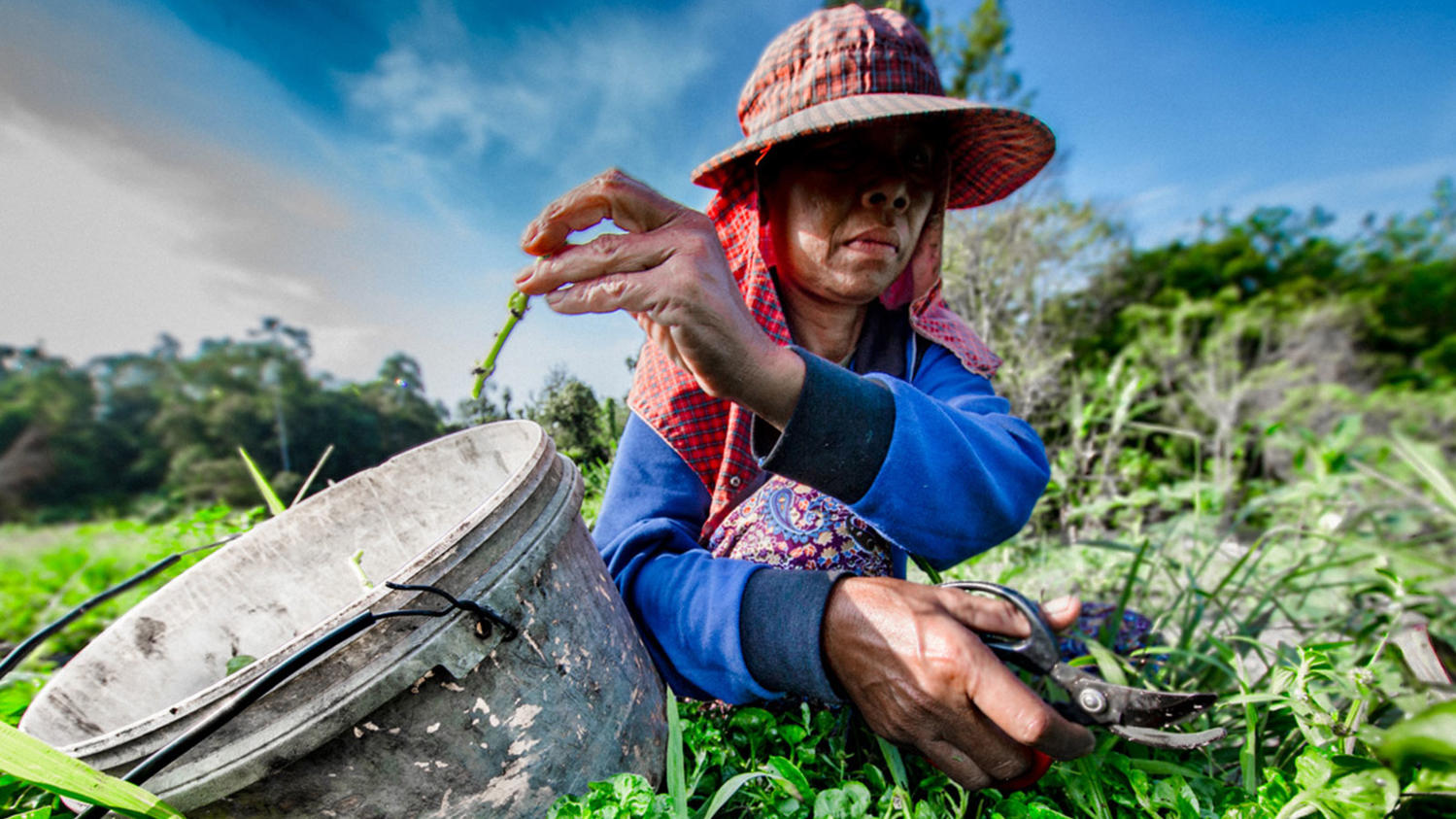IFAD COVID-19 Rural Poor Stimulus Facility

IFAD has launched the multi-donor COVID-19 Rural Poor Stimulus Facility (RPSF), which is financed by IFAD and other development partners. Currently US$44.4m has been raised with a target of US$250m. The RPSF seeks to improve the resilience of rural livelihoods in the context of the crisis in collaboration with public and private sector partners. They expect to approve approximately 30 projects through the Facility by the end of August, with activities focused on securing access to inputs, markets, financial services and digital information. So far, US$11.2 million in financing has been approved for 11 initiatives, some examples of which are listed below.
- Ethiopia - Holistic support to address production, marketing and employment challenges. A range of support will be provided including provision of vouchers for inputs; cash-for-work schemes for youth, elderly and landless; support for storage and transport of goods including grants/subsidies to enable longer storage; and provision of protective equipment and awareness training.
- Nigeria - Agricultural stimulus and resilience package for vulnerable smallholders in Northern Nigeria to support production activities during the 2020-farming season. Packages will be delivered through Farmers’ Organisations and will include tailored inputs and products including climate resilient, high-yielding, short duration and high nutrition seeds, and will aim to include special provisions for women and youth to allow them to recover and build a better future after the crisis.
- Rwanda - Protection for crop production and income during and after lockdown. Will provide seeds for maize, beans and potatoes along with fertiliser, and will support market access by purchasing grains to provide a guaranteed market and will also purchase silos to be used for storage.
- Bangladesh - Enhance dietary diversity and increase incomes of poor and vulnerable households, and ensure availability of nutritious produce in local markets. Support will consist of quick-impact provision of inputs and capacity building support for high value and nutrient rich homestead vegetable gardening in coastal areas.
- Nepal - Address liquidity constraints in collaboration with a local development bank. The project will involve supporting banks to better serve small-scale producers during the COVID-19 crisis. This includes helping them to expand their digital services, implementing a new credit card and mobile phone application that allows for money and information transfers; and implementing automated loan processing.
- Response platform
- Global
- IGO (UN, OECD, etc.)
- Agriculture, aquaculture & forestry
- Agriculture
